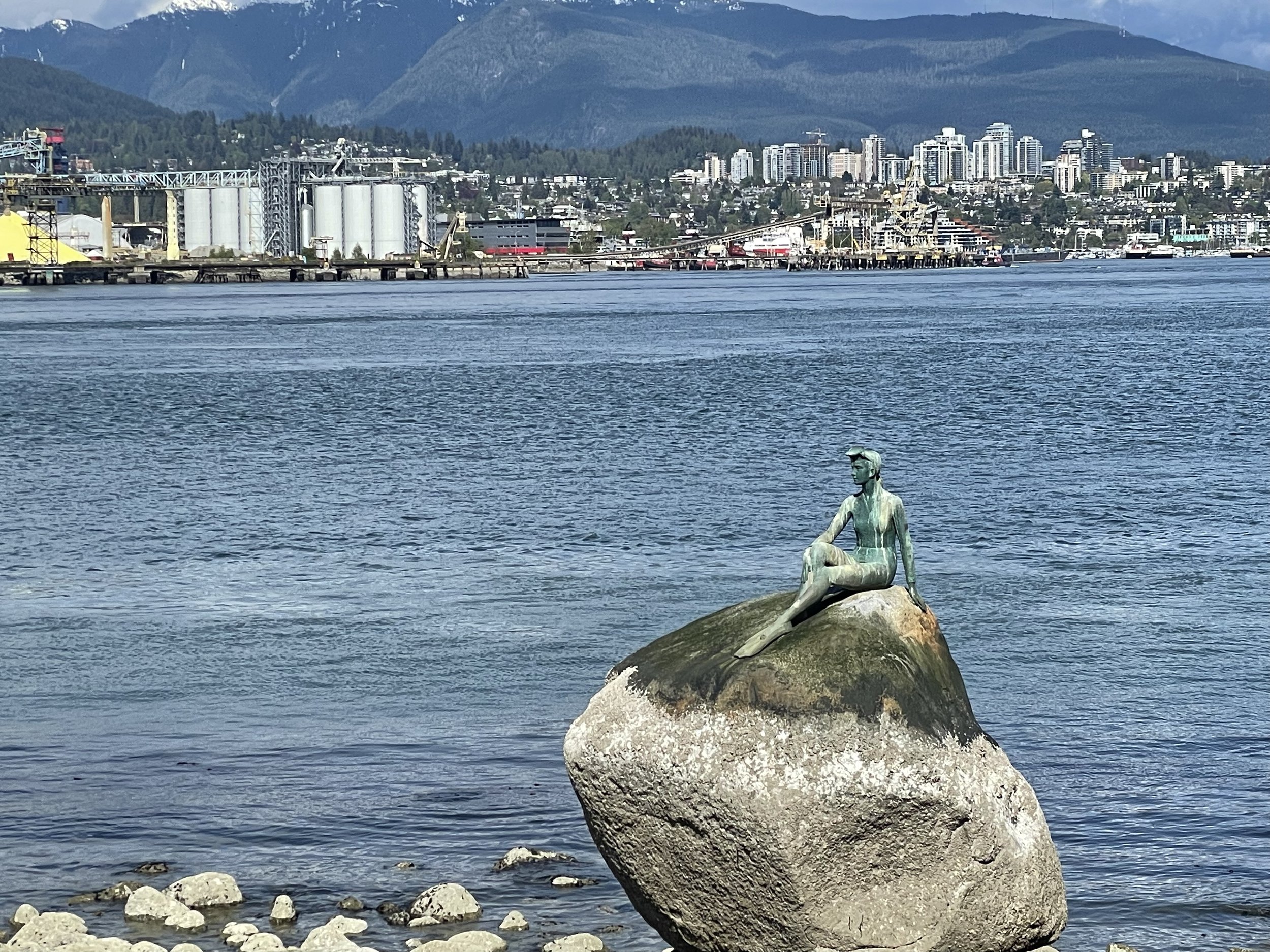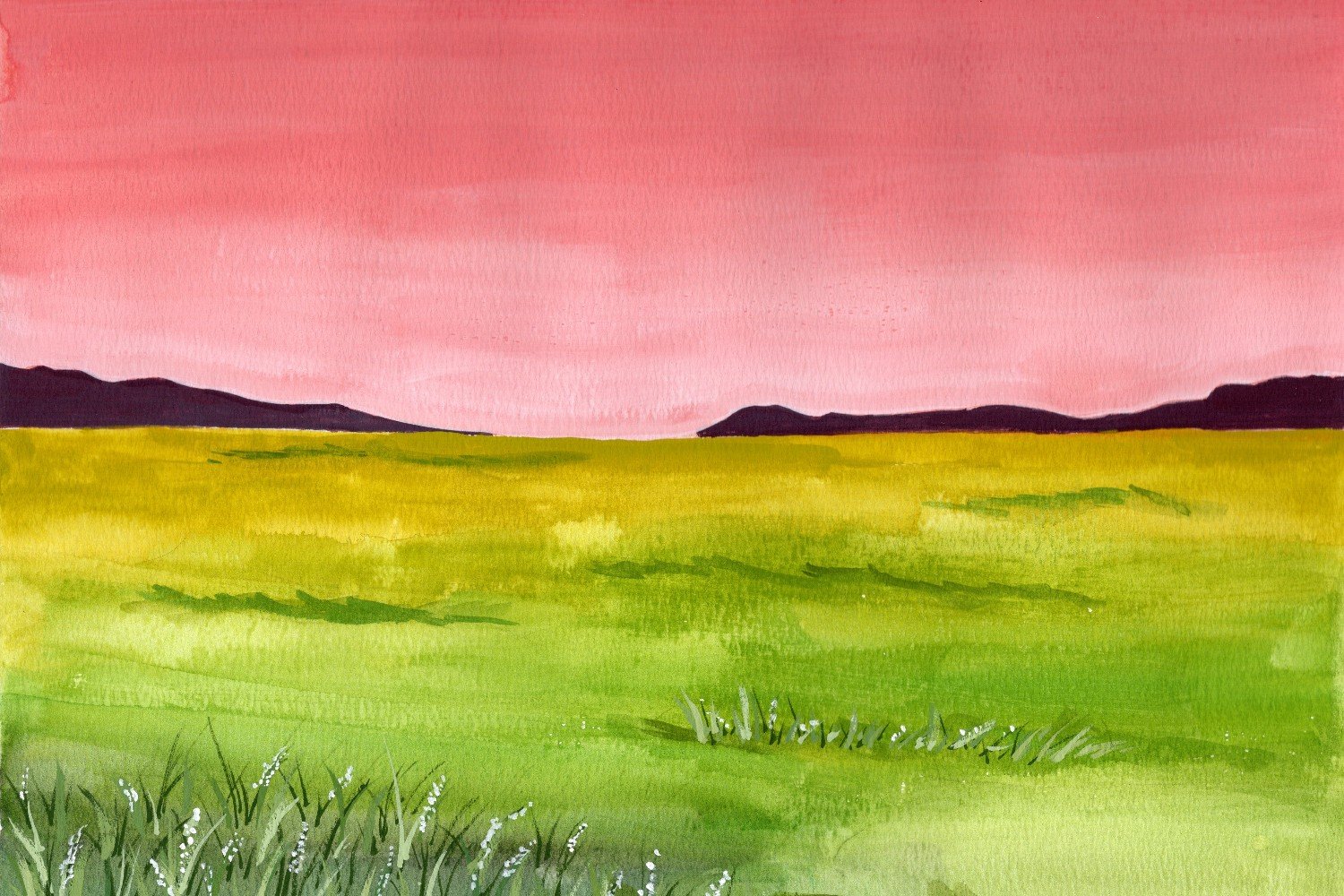How Overthinking Keeps Us Limited
Photo by Kyle Cleveland on Unsplash
I used to have a lot of trouble with overthinking. Not in any clinical sense, but I ached with painful indecision whenever I tried to start a new project or considered a new career direction. I would agonize over small details. I was overeager for results after taking a few steps toward my goal but before I’d made much progress. When I started writing again and faced writer's block, I would edit myself into oblivion before writing down a simple paragraph.
Over the years, my overthinking has become less of an issue. It wasn't any single event that changed it, but working on myself in general over time. I had a friend ask me to write an article on it recently, so here’s what I’ve learned.
In my research on overthinking, I’ve found that it is a very broad term that can manifest in a wide variety of situations, such as endlessly reviewing a decision or situation, trying to predict the outcomes of scenarios, or reading too much into what something means. This article is not meant to address all of them but to share my own experiences as someone who lived with anxiety and the overthinking that came along with it.
In my experience, fear is the core cause of overthinking. If we didn’t have fear, we would think about something, make the appropriate response, and move on to the next thing. If I didn’t fear a career choice not working out, or fallout from confronting an interpersonal conflict, there would be no overthinking.
We can think of overthinking as a rehearsal. Rehearsing scenarios helps us deal with threatening situations by extrapolating potential outcomes. But we can get stuck in overthinking if we never take action. We can also end up talking ourselves out of taking a risk.
I almost ghosted the interview for my first accounting job because of overthinking.
I had researched the company, a manufacturer in the early days of Washington State's legal cannabis industry, and came across their Facebook account. They had pictures of their Seattle Hempfest booth, complete with booth babes in bikinis. From those images I got the impression of how they see women and felt turned off, thinking I wouldn’t want to work for a company like that. Because of my interview anxiety, it was easy to see a small negative as evidence that I shouldn't even try. I came close to talking myself out of going.
But I pushed myself to do it anyway. When I got there, the people felt friendly and down-to-earth, not quite like those pictures I saw. I ended up getting the job and meeting new friends and coworkers I loved (though our boss was a big kid who liked parties and beautiful women). I’m very glad I didn’t succumb to my fears that day.
Overthinking can become a never-ending loop if we never take action because action of any kind gives us new information. We imagine all the potential bad things that could happen if we made a choice. In my earlier example, I was afraid of stumbling over my words, not being able to give a competent response, not getting the job, getting the job and not liking it, etc. But I didn't have enough information to dispel my fears until I went to the interview. Even then, interviews still only give us a small amount of information. Action takes us out of theory and imagination into reality and experience, and we can build on experience.
Overthinking is the attempt to make the future more certain without having to do anything.
It’s the preoccupation with finding the absolute safest path before taking a step, which is impossible.
Taking action means being emotionally vulnerable. It means stepping out of our comfort zone and facing the unknown, and sometimes we will do anything to avoid that. It could lead to making mistakes, getting it wrong, facing embarrassment, wasting time. It could also lead to achieving a goal, learning new things, making connections, following our passions, breaking through limitations.
Experience is important because it shows the fearful part of us what is real and what is imaginary. Real life consequences are often not as bad as we think. We can correct most mistakes. Our imperfections and flaws aren’t as noticeable to others as they are to us.
Even if we try and things don't work out, we can get feedback and try something different. The more actions we take that moves us forward, however small, eventually stack up. Our brains learn and get used to it. One day we will find that the situations we once feared are no longer challenging.
Overthinking is usually a tactic we use to protect us from pain and undesirable consequences. We can become less susceptible to overthinking when we take small steps toward achieving the goals that scare us or resolving the situations that we fear. It takes courage and vulnerability, but we'll find that the rewards are greater than staying limited by our fears.































